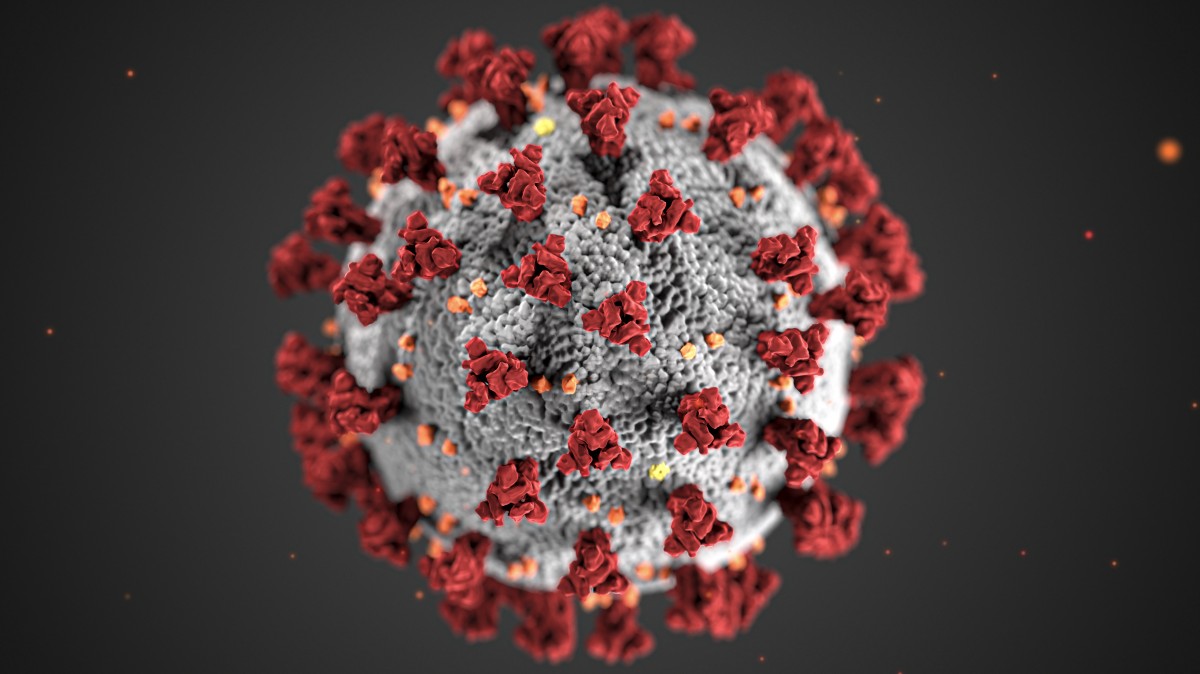About POCTRN
The goal of the Point-of-Care Technology Research Network is to develop technologies with clinical applications using a network model that enhances complementary strengths and builds multidisciplinary partnerships.
Each POCTRN Center performs or facilitates five core functions:
- Conducts in-house clinical testing of prototype point-of-care devices
- Collaborates with physical, biochemical and computational scientists, and engineers on exploratory technology development projects
- Completes clinical needs assessments in areas anticipated to advance the field of point-of-care testing and disseminates this information to the technology development community
- Provides training to technology developers on clinical issues related to the development of point-of-care devices
- Provides an adequate administrative structure to ensure that the large complex Center achieves its goals
History
The NIBIB created POCTRN in 2007 after a NIH workshop and the subsequent article, "Improving Healthcare Accessibility through Point-of-Care Technologies", published in Clinical Chemistry that same year. It was created:
- To facilitate the development of a pipeline of point-of-care technologies with commercialization potential
- Utilizing a center structure that enables incorporation of clinical and user needs in the development process
- To provide expertise and resources to address early barriers to commercialization and implementation
Thus far, there have been 4 award cycles spanning 5 years each.
2023 Award Recipients
- Atlanta Center for Microsystems Engineered Point-of-Care Technologies, Emory University
- Center for Point-of-Care Technologies Research for Sexually Transmitted Diseases, Johns Hopkins University
- Center for Innovation in Point of Care Technologies for HIV/AIDS at Northwestern, Northwestern University
- Center for Advancing Point of Care in Heart, Lung, Blood, and Sleep Diseases, UMass Medical School
- Point of Care Technologies for Nutrition, Infection, and Cancer for Global Health (PORTENT), Cornell University, Ithaca, New York
- Center for Innovation and Translation of Point of Care Technologies for Expanded Cancer Care (CITEC), Rice University, Houston
- Cimit - POCTRN Coordinating Center, Boston, MA
2018 Award Recipients
- Atlanta Center for Microsystems Engineered Point-of-Care Technologies, Emory University
- Center for Point-of-Care Technologies Research for Sexually Transmitted Diseases, Johns Hopkins University
- Center for Innovation in Point of Care Technologies for HIV/AIDS at Northwestern, Northwestern University
- Center for Advancing Point of Care in Heart, Lung, Blood, and Sleep Diseases, UMass Medical School
- Cimit - POCTRN Coordinating Center, Boston, MA
2012 Award Recipients
- Center for Point-of-Care Technologies Research for Sexually Transmitted Diseases, Johns Hopkins University
- Center for Innovation in Point of Care Technologies for the Future of Cancer Care, Boston University
- Point of Care Technology Research Center in Primary Care, Cimit
2007 Award Recipients
- Point-of-Care Center for Emerging Neurotechnologies, University of Cincinnati
- Center for Point-of-Care Technologies Research for Sexually Transmitted Diseases, Johns Hopkins University
- Center for Point-of-Care Technologies for Disaster Readiness, University of California, Davis
- Center to Advance POC Diagnostics for Global Health, Program for Appropriate Technology in Health (PATH)

RADx: Rapid Acceleration of Diagnostics
In response to the COVID-19 pandemic, the Rapid Acceleration of Diagnostics (RADx®) initiative was formed to accelerate the development, validation, and commercialization of innovative point-of-care and home-based tests, as well as improvements to clinical laboratory tests, that can directly detect SARS-CoV-2, the virus that causes COVID-19.
